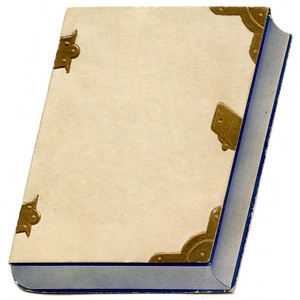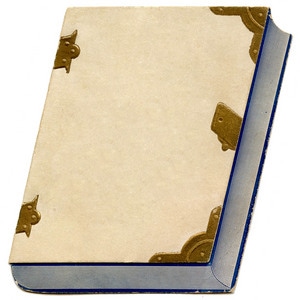How to learn magic
If you're a creature that is intelligent enough to read, write and count, you classify as a race that can do magic! hooray! All you have to do is figure out what "affinity" you have. You could technically get "affinity" for every type of magic, and you could learn every single spell known (or maybe even create new ones!) but your main limiting factor is time! And affinity is the thing that determines how long it takes you to learn the spell. Someone with no affinity would take about a month lighting his fingers on fire, a baker would take an hour, and someone with a good flame orb would take 5 minutes.
A wizard can learn new spells either by studying and practicing a spell (99% of the time this is how you learn spells) or by accidentally triggering something call "a desperation cast". To trigger such a cast, the wizard has to enter a state of panic and believe he is going to die. They are extremely dangerous and must be avoided at all cost, this is why no sane school of magic utilizes this property. The magic that is cast is always something that will help solve the situation but depends on the caster abilities. For example, if a beginner mage is going to burn alive, he won't be casting an inferno, but maybe a little rain to stop the fire, even if he knows nothing about water magic. When you learn a spell that way, you might learn the spell itself, or the base of the spell if it is too complex for him.
Orbs are one of the tricks Humanoïds use to bypass the limit of their own lifespan. By binding their souls to an orb, they make sure that once they die, their affinity will be transferred inside that orb. One person can use more than one orb, but they will only be able to transfer their affinity to one element to one orb, so rare are the mages that choose to cast multiple elements. You gain affinity based on the environment you're in, so a farmer would have earth and plant affinity, someone who survives an house-fire would get a fire affinity boost, and fish people all can learn water magic. you can charge an orb the same way, but in a much slower way, hence why cheap orbs exist. some people dump a ton of water orbs in a lake for a year to then sell them in the market, and that would work to either make a washing machine or for a beginner mage. You can change what orb you are bound too since all it changes is where you affinity go when you die. Orb sizes don't matter since they have the ability to change size at will. This is often used to put them at the end of a staff or inside jewelry. Orbs have security measures that prevent the affinity to affect the outside world, but powerful orbs will have visible, but none harmful effects. A water orb might permanently be wet, an ice orb will have a little bit of ice forming on its surface and be cold to the touch (but you can't get a frostburn from it) and a light orb will glow. If the security is bypassed, the orb will release its affinity, and an elemental will be formed. A decent wizard will be able to control this elemental and give it orders, it will always prioritize the one who is bound to the Orb. If no one controls it, the elemental will stay neutral and wander around unless something threatens's it. Once defeated, The affinity composing the elemental will return in the orb, and he will be able to be cast again shortly after. This method can be used to transfer affinity from one orb to another if the mage knows what he is doing. If the orb is broken, the affinity is lost.











Comments (0)
See all